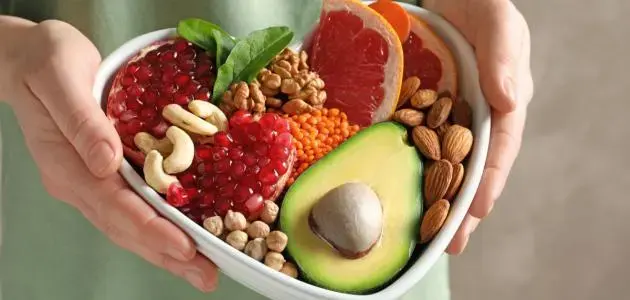Folic acid, also known as Vitamin B9, plays a big role in how our bodies work—especially when it comes to making DNA. It works closely with Vitamin B12 to help our cells grow and develop as we age. It also helps control how many red blood cells our body makes and ensures they’re distributed properly throughout the body.
Where to Get Folic Acid From Food
You can find folic acid in a bunch of different foods, including:
- Beef liver and eggs
- Leafy green veggies like lettuce, spinach, peas, and cabbage
- Fruits—especially strawberries, bananas, and avocados
- Legumes like beans and lentils
Why Folic Acid Is Good for You
Folic acid comes with a bunch of health perks. It supports how your cells and internal organs function and can even help lower the risk of certain health problems. Here are some of the key benefits:
- Helps keep homocysteine levels in check—a compound that, in high amounts, can harm your heart and clog your arteries.
- Lowers the risk of certain cancers, like throat cancer and colon cancer, which have been linked to low folic acid levels.
- Reduces the chances of having a stroke, especially in people with heart conditions.
- Boosts memory and may help prevent memory loss as you get older.
- Helps regulate your sleep schedule and can reduce nighttime insomnia.
- May help lower the risk of mental health issues like depression.
Signs You Might Be Low on Folic Acid
If your body’s not getting enough folic acid, you might start to notice some symptoms, such as:
- Higher risk of developing anemia
- Digestive issues like diarrhea
- Increased risk of stomach ulcers
- Unexplained weight loss
- Feeling generally weak or tired
- Irregular heartbeat
Leave a comment
Your email address will not be published. Required fields are marked *




